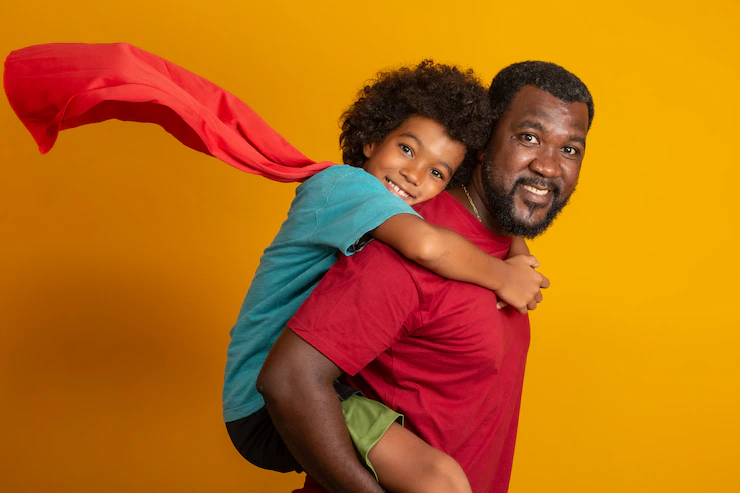Introduction:
The concept of fatherhood has undergone a remarkable transformation in recent decades. Gone are the days when fathers were solely seen as providers and disciplinarians. Today, fathers are increasingly involved in the nurturing and care of their children, redefining the traditional gender roles and enriching the parenting landscape. This shift in the role of fathers brings forth numerous benefits for families, children, and society as a whole.
- Active Participation in Childcare: Modern fathers are actively participating in the day-to-day care of their children. They are no longer mere bystanders but are hands-on in feeding, bathing, changing diapers, and engaging in playtime. This active involvement strengthens the bond between fathers and their children, fostering a sense of security, trust, and emotional connection from early childhood.
- Shared Responsibilities: In today’s parenting paradigm, fathers are taking on shared responsibilities with mothers. They are actively involved in household chores, such as cooking, cleaning, and laundry, sharing the workload and enabling a more equitable division of labor. This not only relieves the burden on mothers but also models equality and cooperation within the family unit.
- Emotional Support and Connection: Fathers are increasingly recognizing the importance of emotional support in their children’s lives. They actively engage in conversations, listen attentively, and provide a safe space for their children to express their thoughts and feelings. By nurturing emotional connection, fathers help foster resilience, empathy, and healthy relationships in their children’s lives.
- Positive Role Models: Fathers serve as positive role models for their children, demonstrating values, ethics, and behaviors that contribute to their overall development. By embracing qualities such as kindness, respect, and compassion, fathers shape their children’s understanding of healthy masculinity and contribute to dismantling harmful gender stereotypes.
- Active Participants in Education: Fathers are increasingly involved in their children’s education, attending parent-teacher meetings, helping with homework, and supporting their academic pursuits. Their engagement demonstrates the importance of education, instills a love of learning, and motivates their children to strive for excellence.
- Work-Life Balance: Many fathers today are actively seeking work-life balance to prioritize their family life. They are advocating for flexible work arrangements, paternity leave, and family-friendly policies in the workplace. By valuing their role as fathers and prioritizing family time, they contribute to a healthier work-life integration and set an example for future generations.
- Building Stronger Families: The changing role of fathers has a profound impact on family dynamics. By actively participating in parenting, fathers contribute to stronger family bonds, shared decision-making, and effective communication. The collaboration between parents fosters a harmonious and supportive environment, promoting the overall well-being and happiness of the entire family unit.
- Community and Societal Impact: The changing role of fathers has broader implications for society. Involved fathers contribute to the social fabric by instilling values of responsibility, empathy, and gender equality in their children. This, in turn, creates a ripple effect, leading to more inclusive communities, healthier relationships, and a more balanced and just society.
Conclusion:
The changing role of fathers in parenting represents a positive and transformative shift in our society. By embracing equality, connection, and active participation, fathers are nurturing stronger bonds with their children, supporting their emotional and intellectual development, and promoting healthier family dynamics. As we celebrate and encourage the evolving role of fathers, we create a foundation for happier, healthier, and more harmonious families and a brighter future for generations to come.










